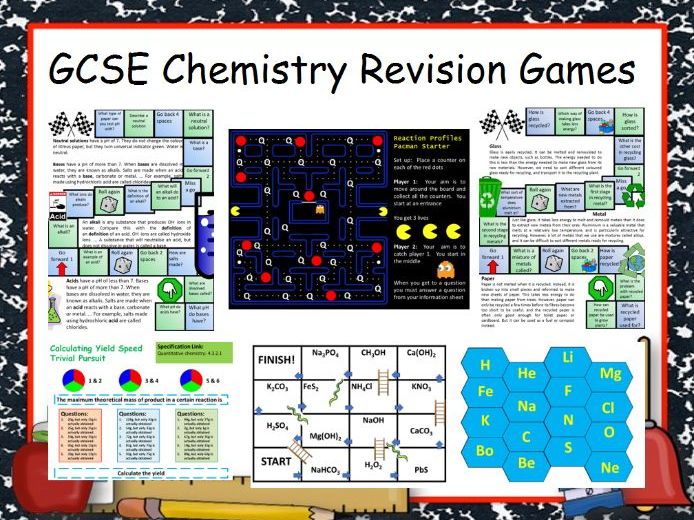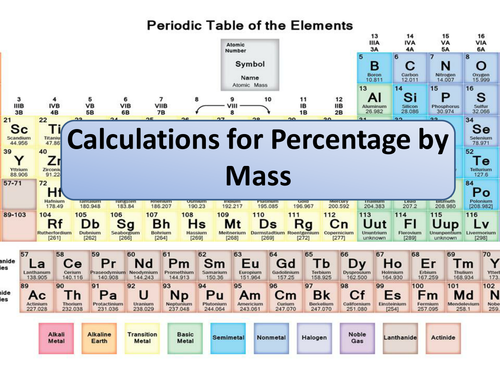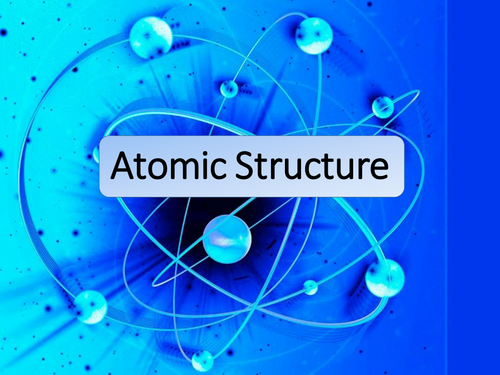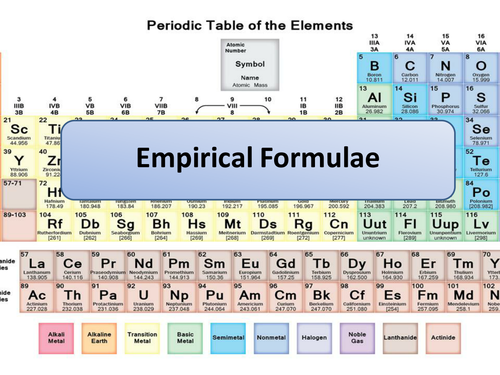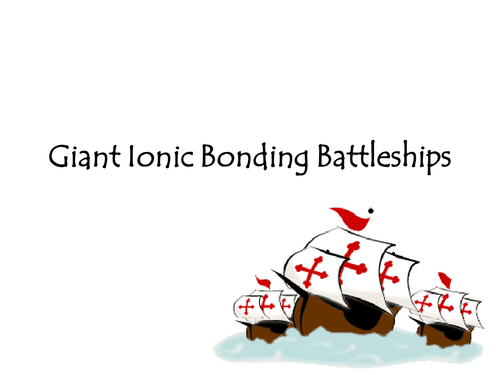Teach Like a Hero
'If you keep trying the same old things, you'll keep getting the same old results'. Imaginative teaching ideas help stimulate students and improve student retention. I don't claim to be an expert but I hope that some of my ideas will help other teachers.


